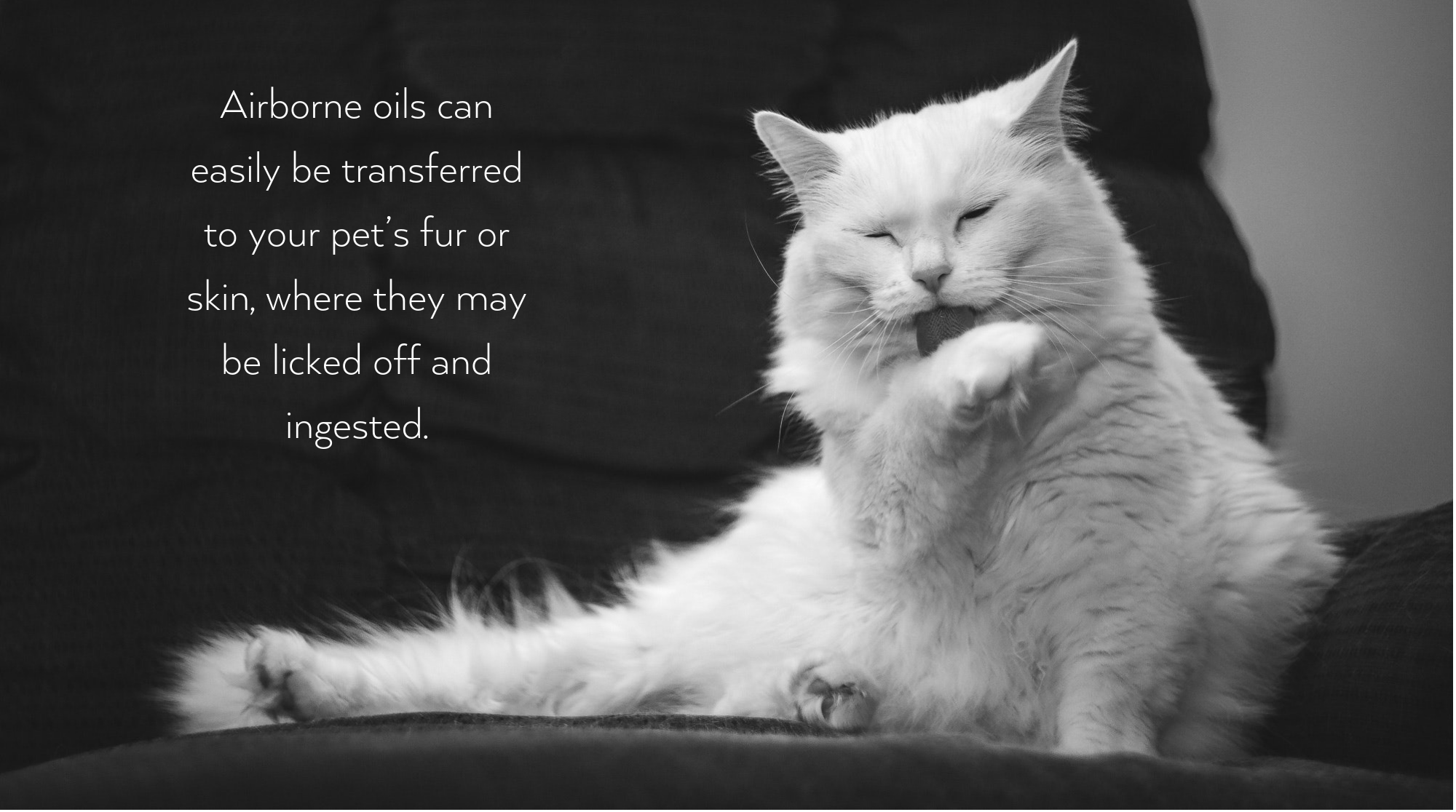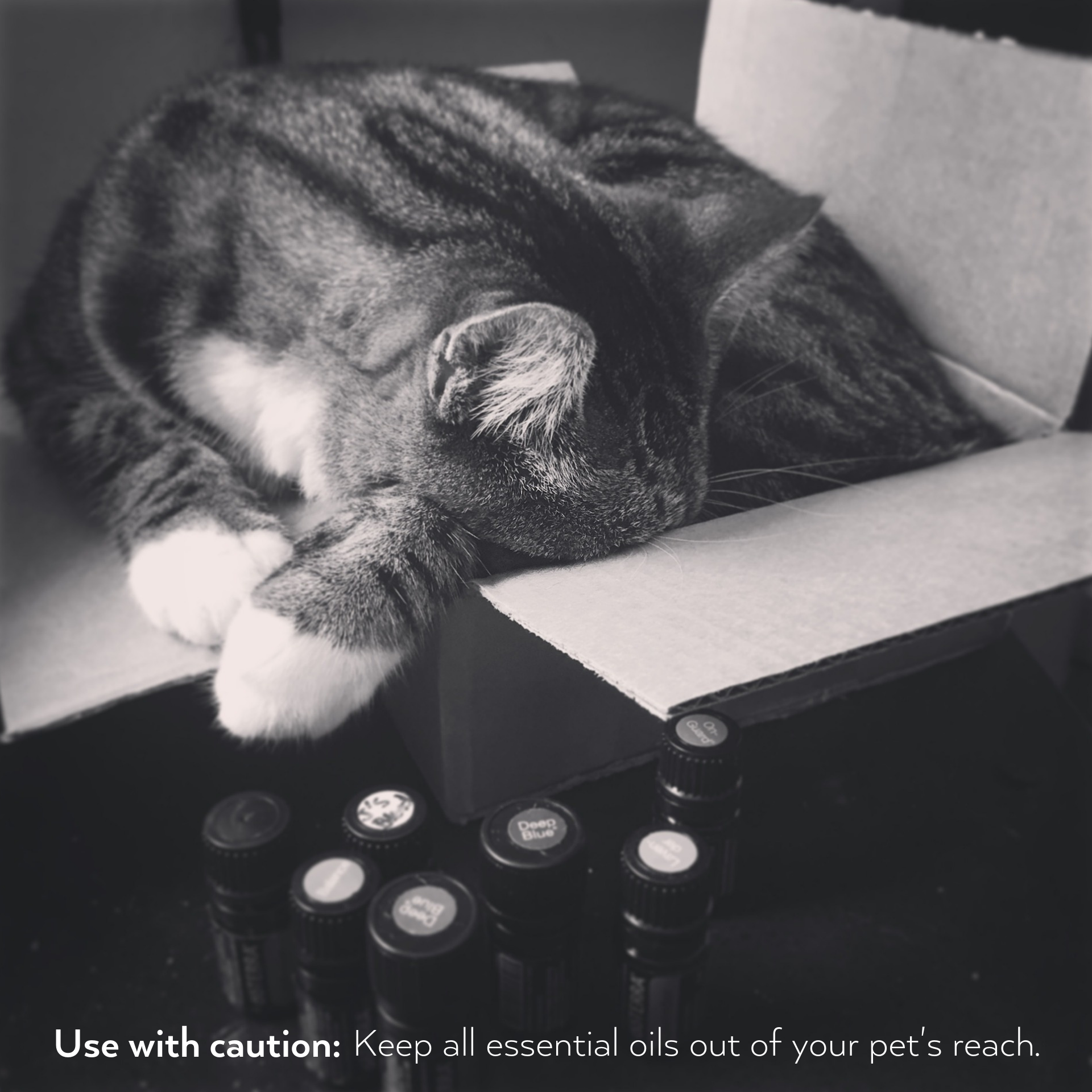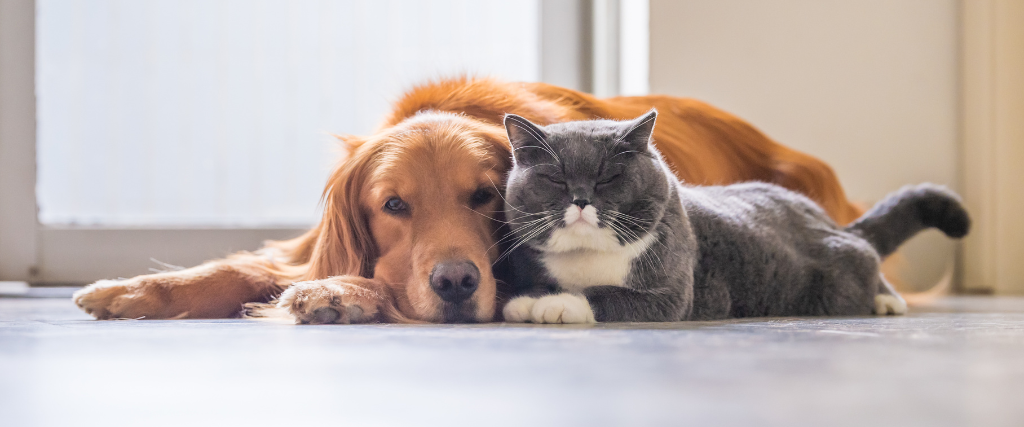Essential oils have gained tremendous popularity for their therapeutic properties and aromatic delights. However, while you might find lavender soothing, your pet could have an entirely different reaction. It's crucial to ensure that our furry friends remain safe and sound while we indulge in the aromatic world of essential oils. Let's dive into the dos and don’ts of essential oils for pets.

A Pet’s Perspective on Essential Oils
If you've ever noticed your pet's sensitive reaction to certain sounds or smells, you know that their sensory experiences can be quite different from ours. Something as benign as a diffused essential oil can sometimes be overpowering for them. Keep an eye out for signs like drooling, coughing, or squinting—these could indicate that your pet is not enjoying the aroma as much as you are.
Additionally, pets might get essential oils on their fur or skin, which they could then ingest during grooming themselves. This is something to be cautious about, especially for our feline friends.
A Word of Caution for Pets with Respiratory Issues
Pets, especially those with respiratory issues or conditions like asthma, might be more susceptible to the effects of inhaled essential oils. Observing any unusual symptoms such as labored breathing or increased panting? It's essential to seek veterinary advice promptly.
Understanding Essential Oil Toxicity in Pets
The ASPCA Animal Poison Control Center offers some valuable insights. Cats, in particular, can be very sensitive to essential oils. Ingesting even a small amount might lead to symptoms like:
- Gastrointestinal upset
- Central nervous system depression
- Potential liver damage
Other indications that your pet might not be reacting well to essential oils include:
- Vomiting
- Diarrhea
- Lethargy
- Trembling
- Uncoordinated movements
- Altered heart rate or blood pressure
- Seizures

Essential Oils Safety Tips for Pet Owners:
- Store Smartly: Keep essential oils and related products out of paw’s reach.
- Diffuse Responsibly: Use diffusers in areas that your pets can't access, or better yet, in a space where they don't usually roam.
- Be Mindful of Pre-existing Conditions: If your pet has respiratory issues, reconsider using air diffusers.
- Skin Contact: After applying oils on yourself, avoid letting your pets lick your skin.
- Check Ingredients on Natural Medications
Oils to Approach with Caution
Some essential oils are more problematic for pets than others. It's generally best to avoid:
- Tea tree
- Citrus varieties
- Pine
- Clove
- Oregano
- Wintergreen
- Pennyroyal
- Eucalyptus
- Rosemary
- Cinnamon
- Peppermint
The Essential Ending
The aromatic world of essential oils can be therapeutic for us, but always remember our pets experience the world differently. What's soothing for us might be overwhelming for them. When in doubt, consult with your veterinarian, and always prioritize your pet's well-being. And if you ever suspect your pet has come into contact with or ingested essential oils, seek veterinary help or contact a poison control hotline without delay. Safety first, always!

